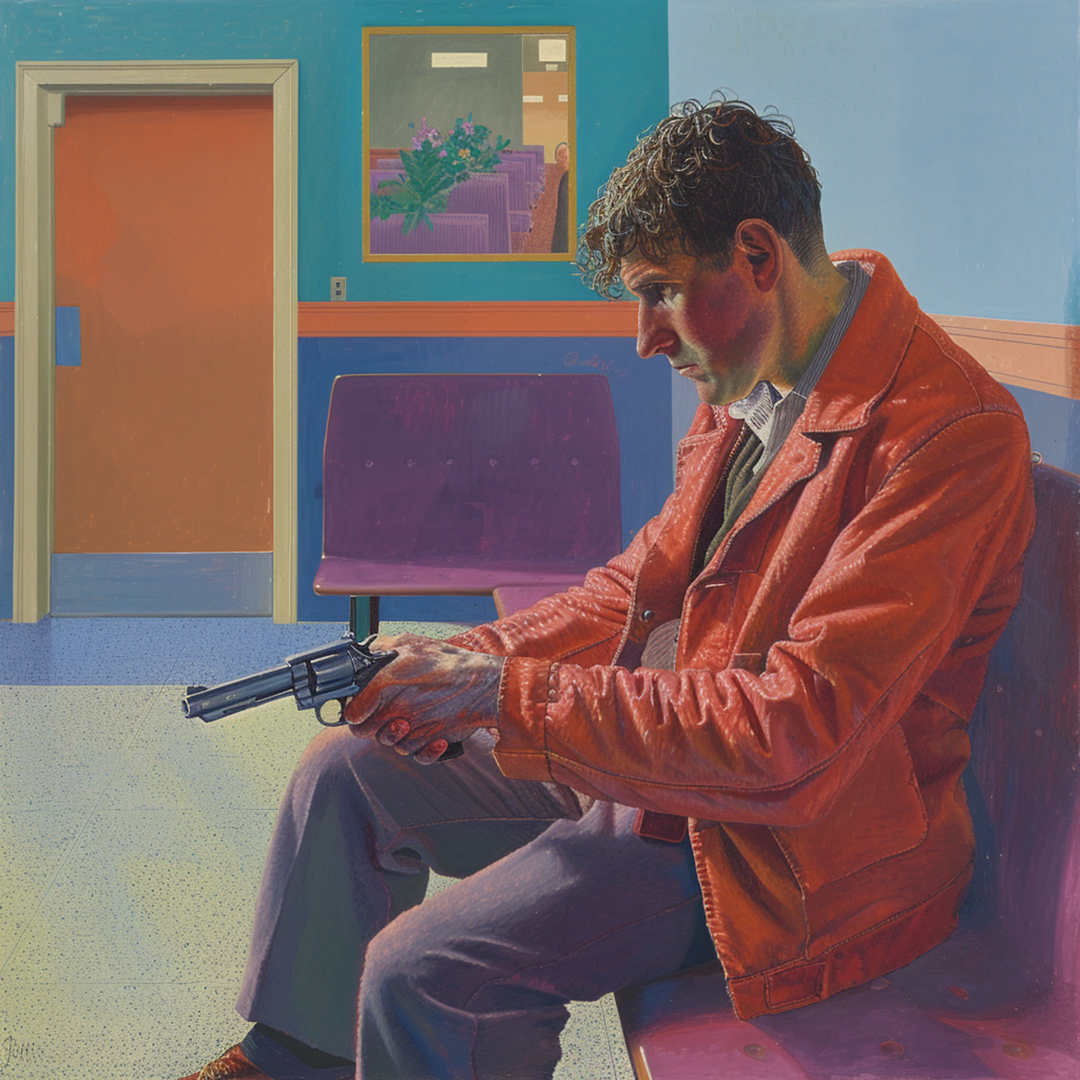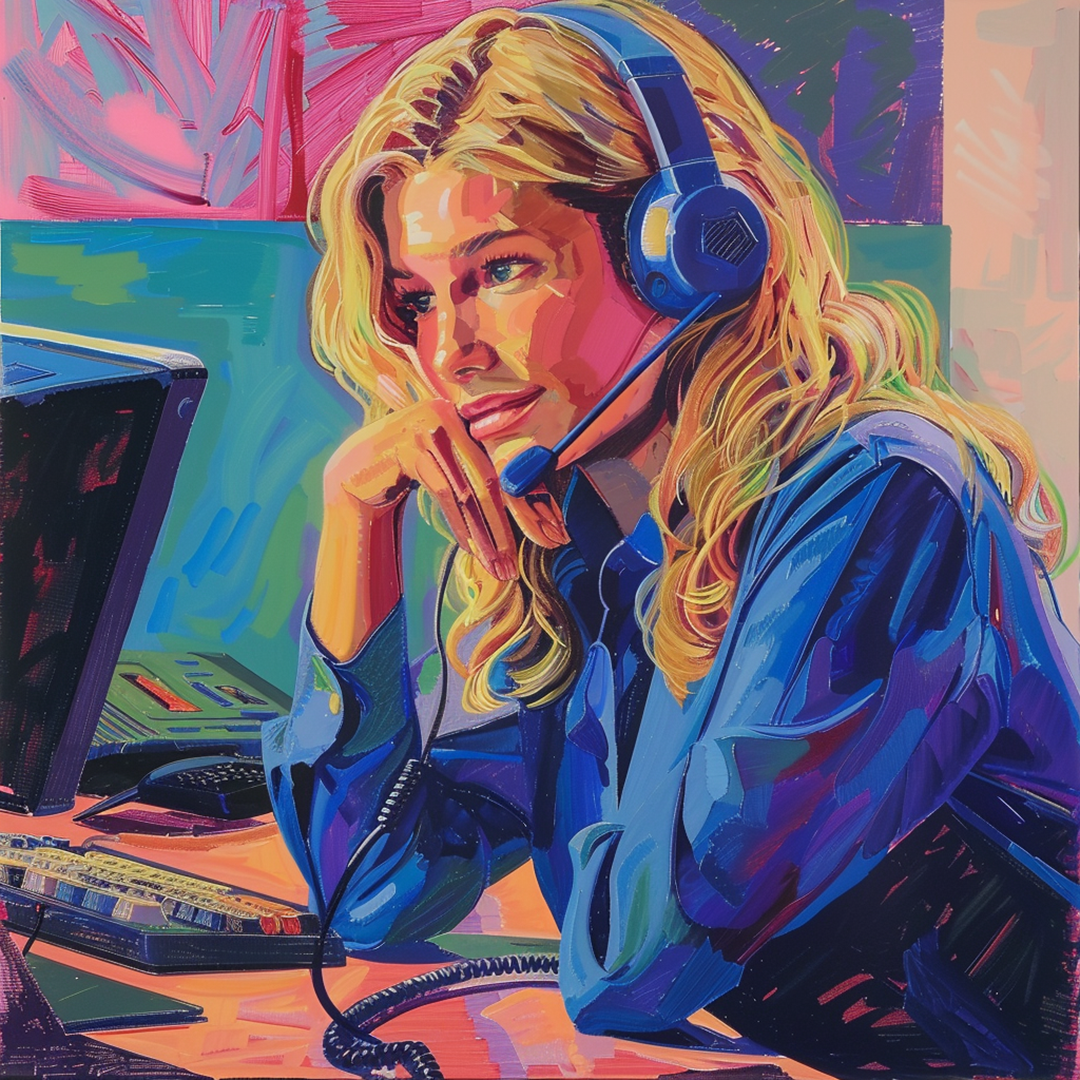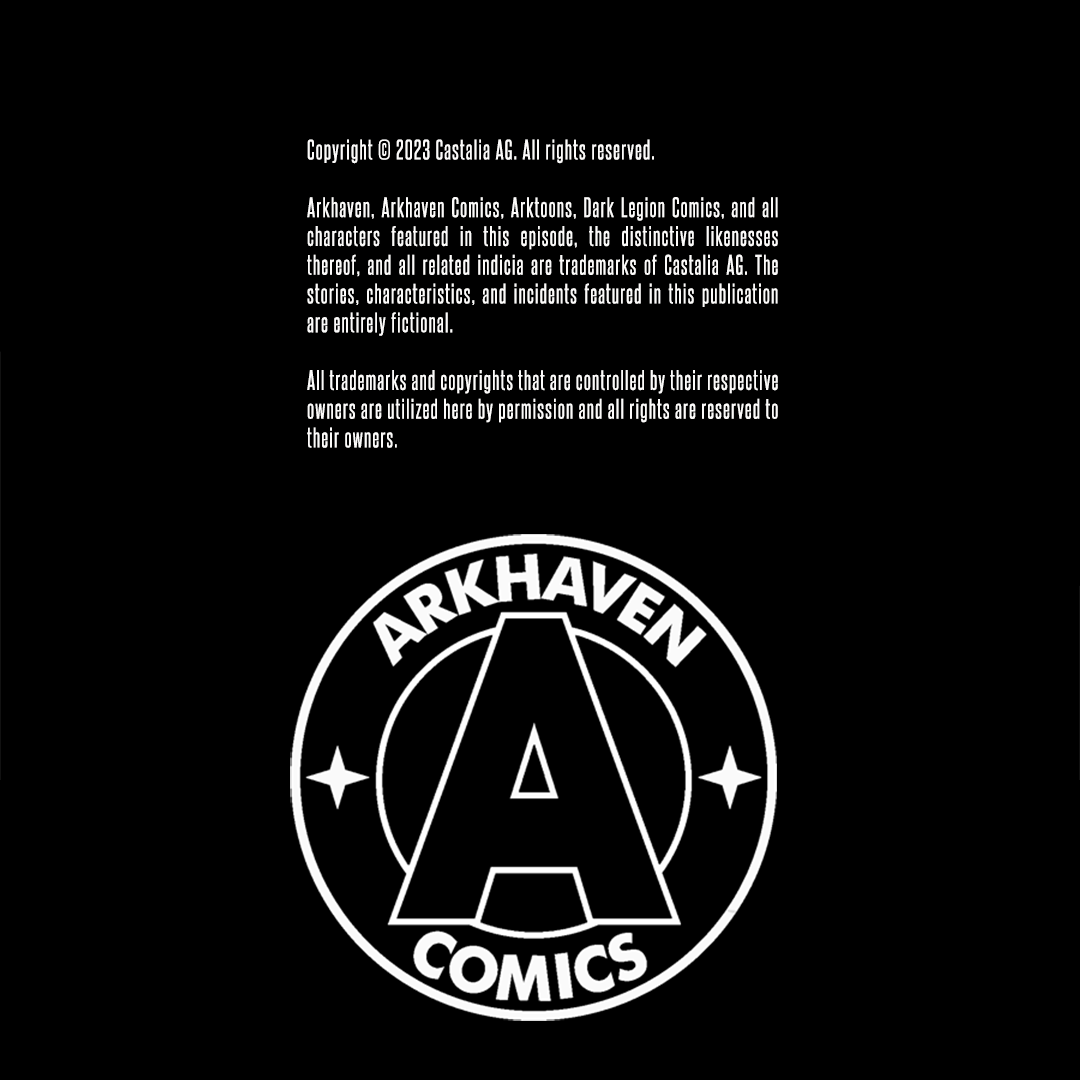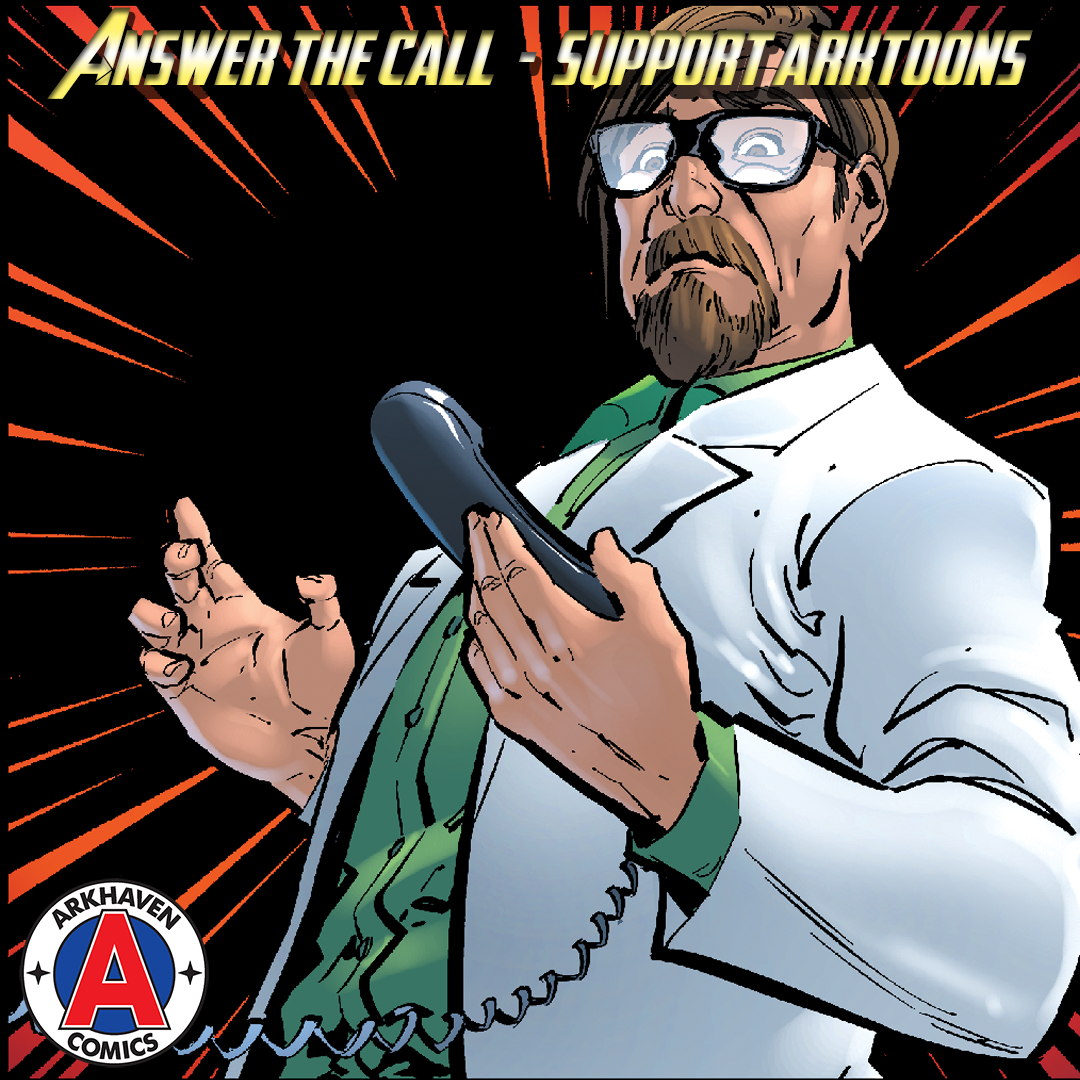Wehling shot Dr. Hitz dead. “There’s room for one—a great big one,” he said.
And then he shot Leora Duncan. “It’s only death,” he said to her as she fell. “There! Room for two.”
And then he shot himself, making room for all three of his children.
Nobody came running. Nobody, seemingly, heard the shots.
The painter sat on the top of his stepladder, looking down reflectively on the sorry scene.

The painter pondered the mournful puzzle of life demanding to be born and, once born, demanding to be fruitful … to multiply and to live as long as possible—to do all that on a very small planet that would have to last forever.
All the answers that the painter could think of were grim. Even grimmer, surely, than a Catbox, a Happy Hooligan, an Easy Go. He thought of war. He thought of plague. He thought of starvation.
He knew that he would never paint again. He let his paintbrush fall to the drop-cloths below. And then he decided he had had about enough of life in the Happy Garden of Life, too, and he came slowly down from the ladder.
He took Wehling’s pistol, really intending to shoot himself.
But he didn’t have the nerve.
And then he saw the telephone booth in the corner of the room. He went to it, dialed the well-remembered number: “2 B R 0 2 B.”
“Federal Bureau of Termination,” said the very warm voice of a hostess.

“How soon could I get an appointment?” he asked, speaking very carefully.
“We could probably fit you in late this afternoon, sir,” she said. “It might even be earlier, if we get a cancellation.”
“All right,” said the painter, “fit me in, if you please.” And he gave her his name, spelling it out.
“Thank you, sir,” said the hostess. “Your city thanks you; your country thanks you; your planet thanks you. But the deepest thanks of all is from future generations.”




































































